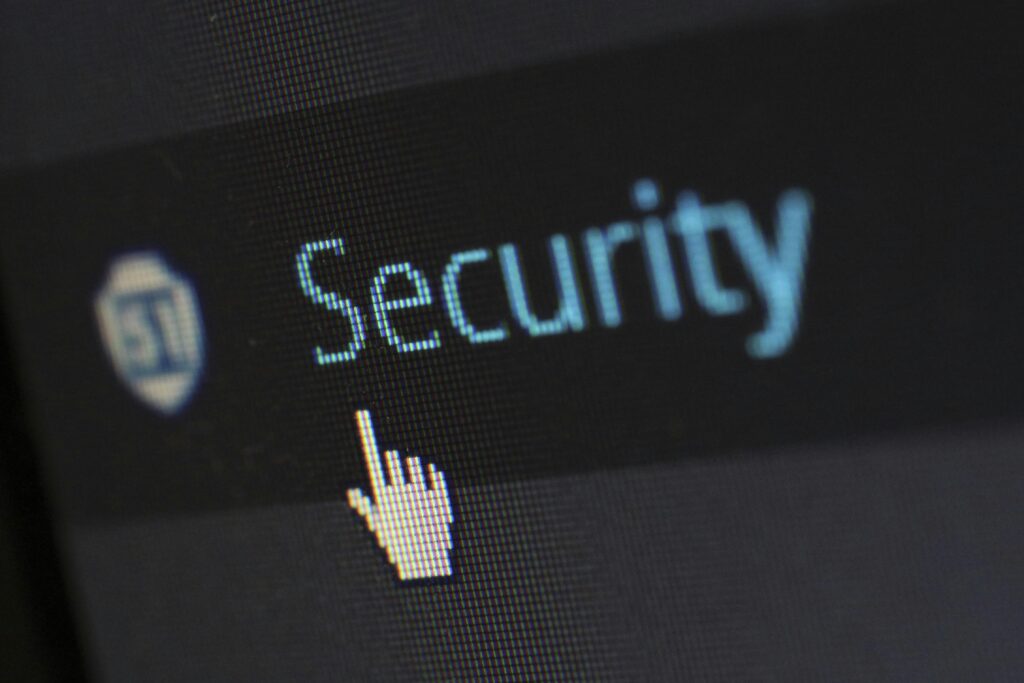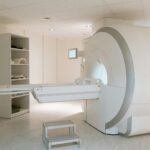In recent years, the healthcare industry has increasingly become a target for cybercriminals, leading to a rise in ransomware attacks and data breaches in hospitals. These incidents pose significant threats to patient privacy and the overall security of healthcare systems. As a result, cybersecurity in healthcare has become a critical concern that requires immediate attention.
Ransomware attacks, specifically targeted at hospitals and other medical facilities, involve malicious actors encrypting sensitive data and demanding a ransom payment for its release. Such attacks can disrupt vital healthcare services, compromise patient records, and even put lives at risk, as we are seeing with the recent cyber attacks on multiple Ardent Health facilities.
To combat this growing threat, it is crucial for hospitals to prioritize cybersecurity measures and implement robust protection mechanisms. Healthcare organizations must cultivate a culture of awareness around cybersecurity among their staff members. Read below to learn more about how you can safeguard your healthcare center.
Educating Staff on Cybersecurity Best Practices
Cybersecurity has become a critical concern for organizations across all sectors. Hospitals, in particular, handle sensitive patient information and must take extra precautions to protect against cyber threats. One crucial aspect of safeguarding hospital data is providing comprehensive cybersecurity training to staff members.
Cybersecurity training aims to raise awareness among hospital staff about the potential risks they face, including ransomware attacks, phishing emails, and password security. Ransomware attacks have become increasingly prevalent in recent years. These malicious software programs encrypt a hospital’s files and demand a ransom in exchange for their release. By training staff on how to identify potential signs of ransomware attacks and how to respond appropriately, hospitals can significantly reduce the likelihood of staff falling victim to cyber-attacks and mitigate the damage caused by such incidents.
By investing in comprehensive cybersecurity training programs for hospital staff members, organizations can foster a culture of vigilance and preparedness against cyber threats. This proactive approach not only protects patient data but also safeguards the reputation and credibility of healthcare institutions in an increasingly digitized world
Implementing Robust Network Security Measures
With sensitive patient data and confidential information at stake, safeguarding networks against potential cyber threats is of utmost importance. One essential component of network security for hospitals is the implementation of firewall protection. Firewalls act as a barrier between internal networks and external threats, monitoring incoming and outgoing traffic to prevent unauthorized access. By setting up firewalls with strict rules and policies, hospitals can effectively control network traffic and mitigate the risk of data breaches.
Another key element in ensuring network security is the utilization of Intrusion Detection Systems (IDS). These systems monitor network activities, analyzing patterns and behaviors to identify any suspicious or malicious activities. IDS can detect unauthorized access attempts, malware infections, or any other anomalies that may pose a threat to the hospital’s network infrastructure. By promptly detecting and alerting administrators about potential breaches, IDS plays a crucial role in preventing data compromises.
Regular software updates and patches are also vital in maintaining robust network security for hospitals. Software developers frequently release updates that address vulnerabilities discovered in their systems. By regularly applying these updates and patches, hospitals ensure that any known vulnerabilities are patched up, reducing the risk of exploitation by cybercriminals.
Backing Up Data Regularly and Securely
Data backup strategies are crucial for hospitals to ensure the security and availability of patient information. Many healthcare centers rely heavily on electronic health records (EHR), making it essential to have robust backup solutions in place.
Cloud storage solutions have emerged as a reliable option for hospitals to store their data securely. Cloud providers offer scalable storage options, allowing hospitals to easily expand their storage capacity as needed. Additionally, cloud backups are automatically replicated across multiple servers in different locations, ensuring data redundancy and minimizing the risk of data loss.
However, relying solely on cloud storage may not be sufficient for hospitals. Offline backups provide an additional layer of protection against potential cyber threats or system failures. By maintaining offline copies of critical data on physical media such as tapes or external hard drives, hospitals can safeguard against online attacks that could compromise cloud-based backups.
Equally important is regularly testing the restoration process of backed-up data. Hospitals should periodically simulate data recovery scenarios to ensure that they can successfully retrieve and restore their information when needed. Testing not only helps identify any potential issues but also helps hospital staff become familiar with the restoration process so that they can respond swiftly during a crisis.
Securing Medical Devices and Internet of Things (IoT) Devices
Cybersecurity plays a vital role in safeguarding sensitive patient information and protecting the integrity of medical devices. One key aspect of cybersecurity for medical devices is device encryption. Encryption protocols help to secure data by converting it into a code that can only be accessed with the appropriate decryption key. This prevents unauthorized individuals from intercepting and accessing sensitive information.
Authentication protocols also play an essential role in securing medical devices. These protocols verify the identity of users and devices before granting access to sensitive data or functionalities. By implementing strong authentication measures, healthcare organizations can ensure that only authorized personnel can interact with medical devices, reducing the risk of unauthorized access or tampering.
Furthermore, IoT security is another crucial consideration in healthcare settings. As more medical devices become interconnected through IoT networks, it becomes increasingly important to protect against potential vulnerabilities and cyber threats. Implementing robust security measures for IoT devices includes securing network connections, regularly updating firmware to address any known vulnerabilities, and employing intrusion detection systems to monitor for any suspicious activities.
Ongoing Monitoring and Incident Response Planning
To mitigate the impact of cyber attacks, hospitals need a comprehensive ransomware incident response plan. The first step in developing an effective response plan is real-time monitoring of network activities. By implementing robust monitoring systems, hospitals can detect any suspicious network behavior and identify potential threats at their early stages. This proactive approach allows for quick intervention before the ransomware attack can cause significant damage.
Incident detection is another crucial aspect of a hospital’s response plan. This involves utilizing advanced threat intelligence tools that constantly analyze incoming data to identify known patterns or indicators of a ransomware attack. By promptly detecting these incidents, hospitals can initiate containment strategies to prevent further spread within their networks.
Containment strategies are designed to isolate affected systems or networks from the rest of the infrastructure to prevent the lateral movement of ransomware and minimize its impact. This may involve temporarily disconnecting affected devices or segments from the network until appropriate measures are implemented to remove the malware and restore operations securely.
By implementing these measures, hospitals can enhance their resilience against ransomware attacks and safeguard patient data and critical healthcare operations. If you are looking for talented staff that can help you achieve this level of security, be it from a technical standpoint or one of dutiful practice, then connect with a dedicated recruiter to learn more about what we can do for you.











